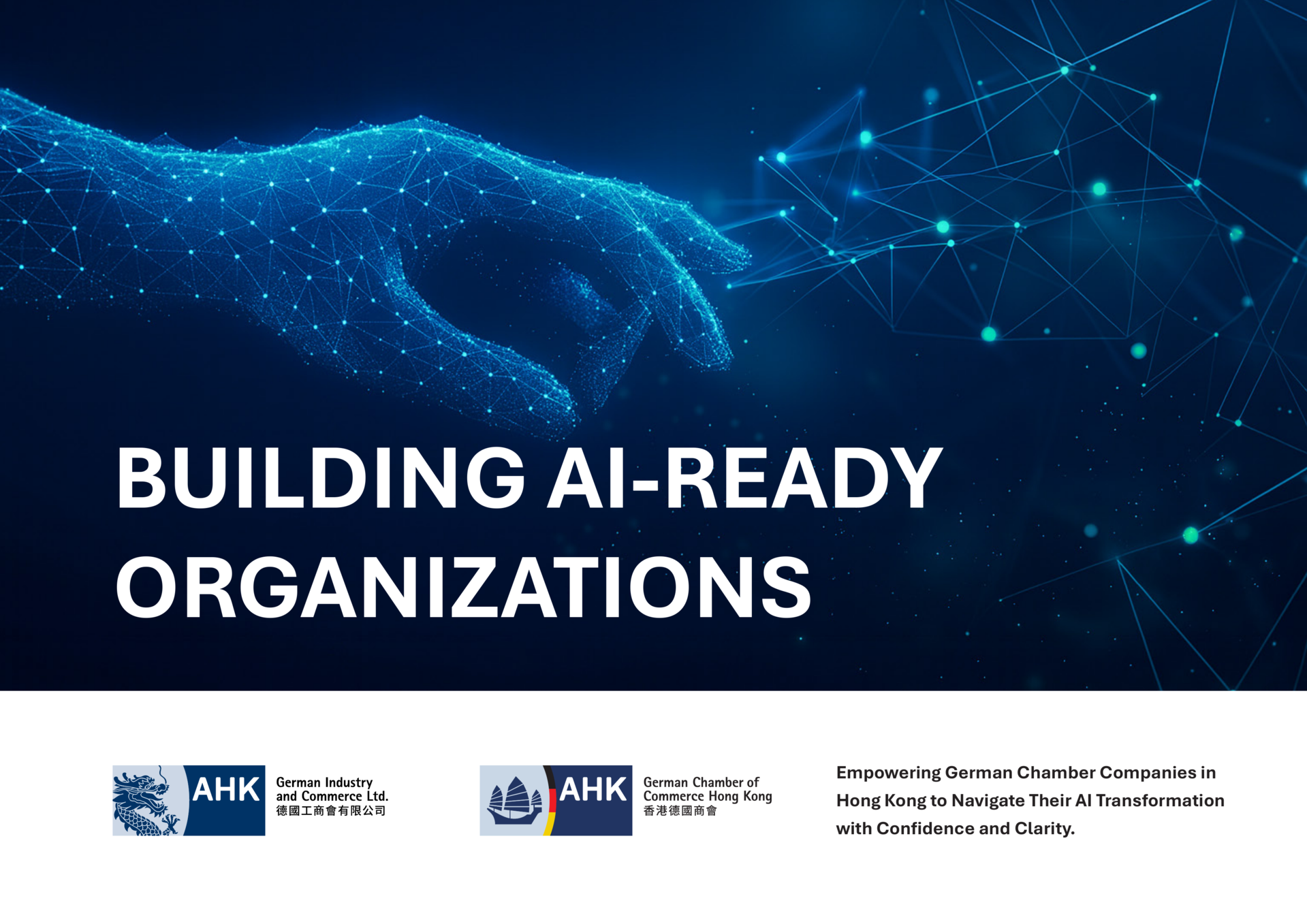

Key Findings
According to most survey respondents, Hong Kong performed strongly in areas such as infrastructure and connectivity (4.49) and taxation (4.43 out of 5). However, the cost of labour (2.80) and office rental and housing costs (2.20) were rated significantly lower, reflecting concerns about the sustainability of operating in the city, particularly when looking ahead to 2026. Some respondents expect improvements in office rental and housing costs (22.8%), while 25% believed the situation will worsen. A similar share (22.8%) anticipated improvements in overall economic development in the next 12 months. Many foresee further deterioration in labour costs (29.3%), talent recruitment (27.2%), and the political climate (26.1%). Regarding recruitment and retention of staff, respondents noted that Hong Kong’s attractiveness as a work destination is declining due to changes in the political environment and a growing preference among employees for flexibility and work-life balance. High living costs, a shrinking talent pool, and industry-specific difficulties in attracting skilled workers were also cited as particular challenges.
Business confidence in Hong Kong improved compared to previous years, reaching an average rating of 3.84 on a scale from 1 to 5, the highest since the start of our annual survey in 2019. Confidence among respondents’ international stakeholders remained noticeably lower at 3.28 but also improved to its highest level to date. A notable share of respondents highlighted specific advantages of the city, with 39 responses (62%) referencing its proximity and access to Mainland China, and 29 responses (46%) citing tax advantages as a key incentive for operating in Hong Kong. 92% of respondents stated that their company was not considering relocation in the immediate future, while 31.9% indicated plans for further investment in Hong Kong in the next two years, suggesting a continued commitment to maintaining stable operations. In light of the geopolitical situation, particularly with regard to US tariffs, more than half of the respondents assessed the impact on their company’s operations as negative. Common effects included operational adjustments such as office relocations and an increased focus on the EU and China. On the positive side, some respondents reported growing demand for German brands and new opportunities arising for non-US suppliers.












Artificial Intelligence & Digital Readiness
With AI included in this year’s survey, 40.2% of respondents reported that their company has an AI strategy. Companies are most likely to use or plan AI implementation in sales and marketing automation (46%) and customer service (42%). More than half of respondents view the development of AI as somewhat positive or positive, while nearly 60% see a lack of internal expertiseas a challenge for adopting AI technologies, and 38% express concerns about data privacy and security.









Methodology and Company Statistics
This year’s survey gathered a total of 92 online responses between June and July 2025. The lowest number of registered answers for any of the questions included in this summary report was 63. Survey respondents include corporate members of GCC (92.4%) as well as non-members (7.6%) including local subsidiaries or branches of German parent companies, sales agents and distributors of German brands, as well as locally established entities under German ownership. One in four surveyed companies (25%) were locally established companies, while the vast majority (75%) had their parent companies located outside of Hong Kong and either fulfilled the function of a regional headquarters (30.4%) with managerial responsibility for all business operations in the region, a regional office (21.7%) overseeing some other markets/countries, or a local office (22.8%) with sole responsibility for the Hong Kong market.
The survey respondents come from a wide range of service/industry sectors. The largest share was active in the consumer goods industry (28.3%), followed by electronics and electrical parts (19.6%), accounting and professional services (16.3%), as well as construction and engineering (12%). In terms of the number of employees in Hong Kong, survey responses were largely distributed between small offices with 10 employees or less (35.9%) and medium-sized offices with 11 to 100 employees (44.6%), while 10.9% of respondents were working in large offices with more than 100 staff. As for their respective companies’ global headcount, 40.2% of respondents estimated 500 employees or less, while 38% worked in companies with over 10,000 employees worldwide.


